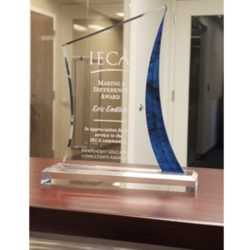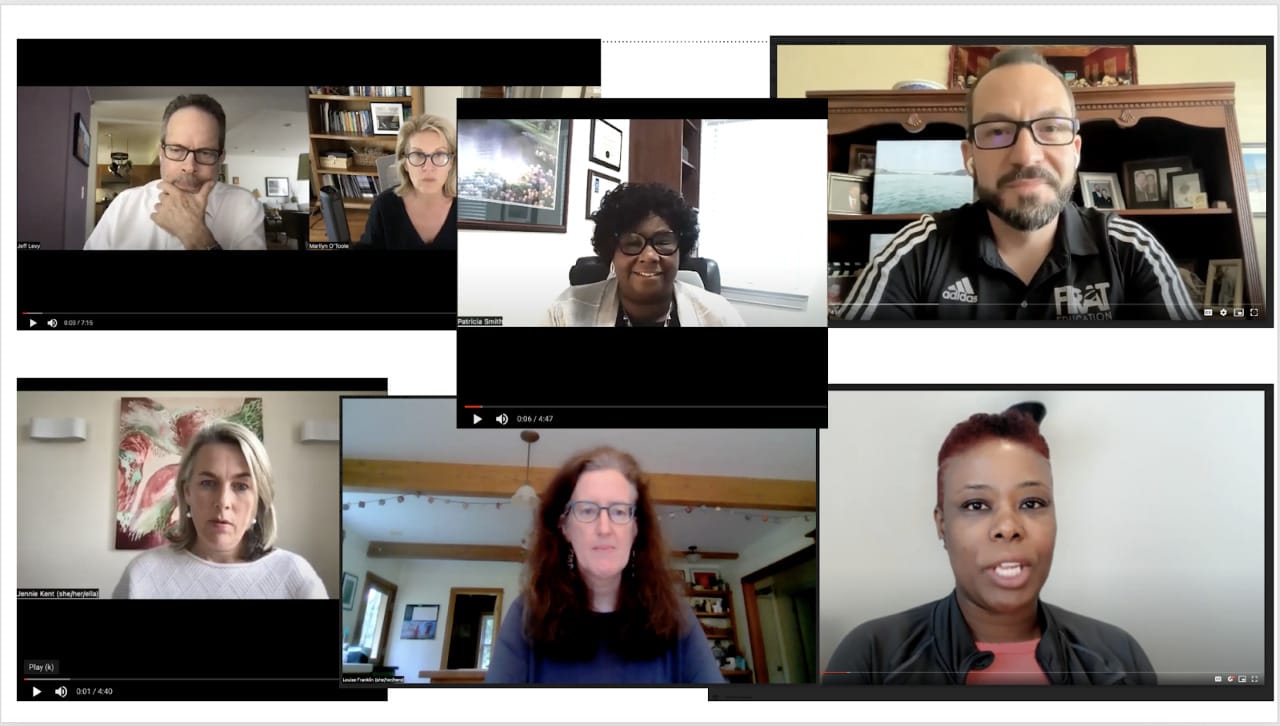Those who work for any nonprofit—a school, a church group, or a membership society like IECA—know that change in such organizations can come slowly. Nonprofits are notoriously averse to alienating supporters and members, seek to develop consensus, and are more often than not pushed to change rather than embracing it.
Yet I know that when we look back on the history of IECA (which we’ll do soon as we close in on our 50th anniversary), we will see 2022 as a transformative year, one in which the association changed in substantial and fundamental ways.
1. Government Affairs
After years of avoiding any involvement in legislation and keeping a low profile even after being pulled into some state efforts to regulate or register IECs, in 2022 IECA wholeheartedly embraced our role in two ways: 1) We demanded that IECs be treated fairly and as valued small businesspeople; and 2) We became a valued source for state and federal agencies as they examined laws effecting adolescents and education. This past year IECA and its legislative counsel/lobbyists weighed in, with some success on several issues. We took positions designed to support members and their clients and responded with enthusiasm when a U.S. Senate Committee sought IECA’s advice on legislation being considered that impacted teens.
As one IECA member told me in a group Zoom meeting, “I have come to realize that unlike any other group, IECA has my back.”
2. Innovating How We Provide Education
For most of IECA’s history, member educational opportunities were conducted in person: conferences, Summer Training Institute, retreats, campus tours, and symposia were all held in person. COVID, of course, required us to reassess and within weeks we transitioned to online learning. Now we have the opportunity to reexamine the delivery models for our educational offerings. We are exploring what type of learning works best virtually and what works best in person so we can innovate all of our educational programming. Look for changes to conferences that reflect these changes, including advanced Harkness-style, small group sessions for advanced topics, more small-group discussions, new and improved networking, and more expansive tours.
3. Diversity, Equity, and Inclusion
The IECA Board of Directors has fully embraced the idea that IECA needs to examine our processes, requirements, leadership, and programming to ensure that all are welcome, all who are qualified can find pathways to volunteerism and leadership, and all can participate. Diversity this year was a central focus. Are we ensuring that planned events don’t conflict with religious and cultural holidays? Are we ensuring that those with disabilities, including hearing and vision impairment, can access IECA information online? Do our conferences consider the needs of those who are neurodiverse? Do we ensure that membership is available to those who have a non-traditional background? There is much to be done, but recognizing these needs is an important start.
4. Growth of the Two Gs: Global and Graduate School
The growth in members with clients looking to study outside of their home nation, as well as those with clients looking into graduate and professional education, exploded in 2022. This offered IECA a critical challenge. I have often said that IECA should never ask folks to join if we are unable to meet their needs. Our Graduate and Global members presented us with such a challenge in 2022. As an association, we have embraced both and have re-committed to making both sub-specialties an essential piece of who we are. We launched study groups, affinity groups, and roundtables; we increased the number of educational sessions offered at conferences; we held our first global gathering in 2022 and will follow up with a university symposium in Italy early in the new year. Graduate school advising is growing quickly, and many members have offered to volunteer, present, and host; our processes are working overtime to keep up, and we are committed to doing so.
5. Embracing Our New Role
On the day I arrived at IECA, 28 years ago, I was told that IECA was the “gold standard” in the profession. Since that day, I embraced the concept and have told our board on numerous occasions that “protecting IECA’s reputational value” was as important as protecting our financial viability. But something changed this past year. It happened when government agencies and other educational associations reached out to us for support or guidance. It happened when hundreds of members in other associations joined IECA, either because of our legislative work or because of our diverse options of educational programming. It happened when members embraced the value of having experts in adolescent behavior, since increased numbers of “typical” adolescents were dealing with mental health challenges. It happened when we conducted a survey of volunteers and discovered that over 300 members are volunteering in significant ways. And it was cemented when we realized that all the above led us to a point when our membership includes 150% more IECs than any other organization in the US or the world. In 2022, our role as the leader of the profession was not simply an adage, it became reality and as a result our responsibility to the profession and to the public has grown.
6. One Way We Have NOT Changed
Despite these changes, IECA has fundamentally remained the same. Our expectations that potential members must demonstrate they are at the top of their profession remains, just as we stress ethics and excellence in our trainings. Our standards remain the highest in the field. We take ethical violations seriously. We remain committed to the concept that all IECs are colleagues, not competitors. And most critically, we continue to hold fast to the rule that IECA members work, always, in the best interest of their clients.
By Mark H. Sklarow, CEO of IECA















